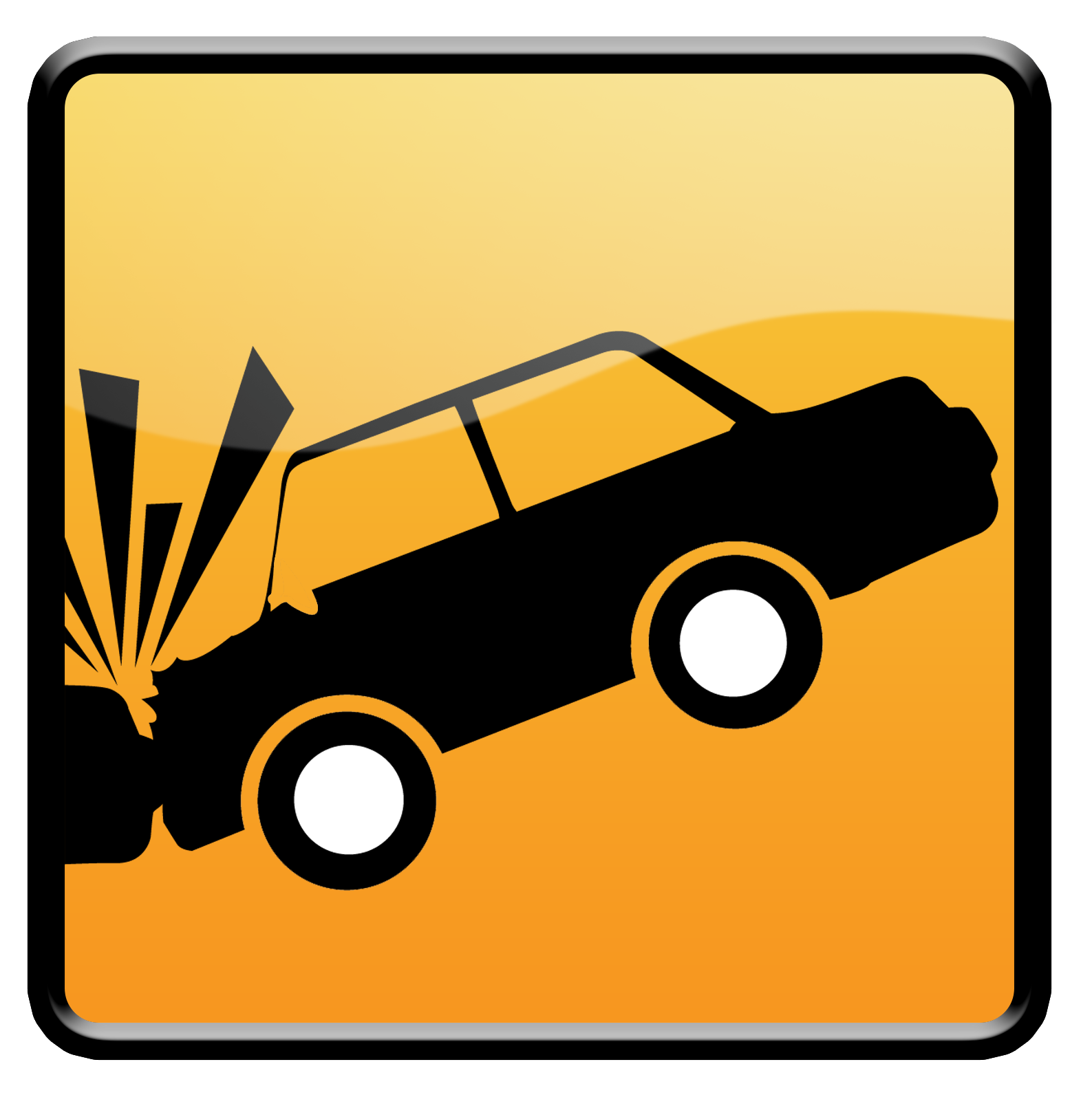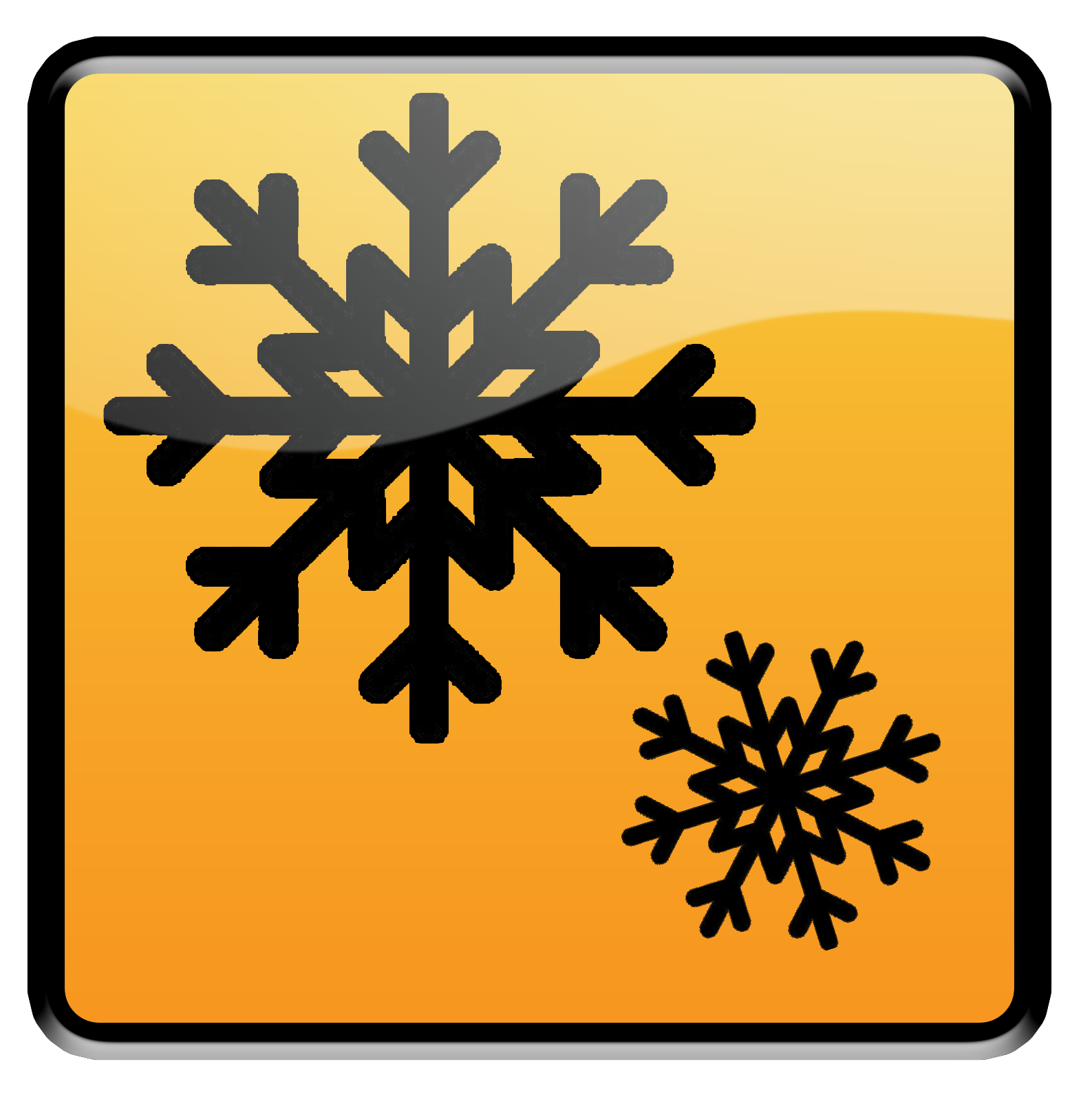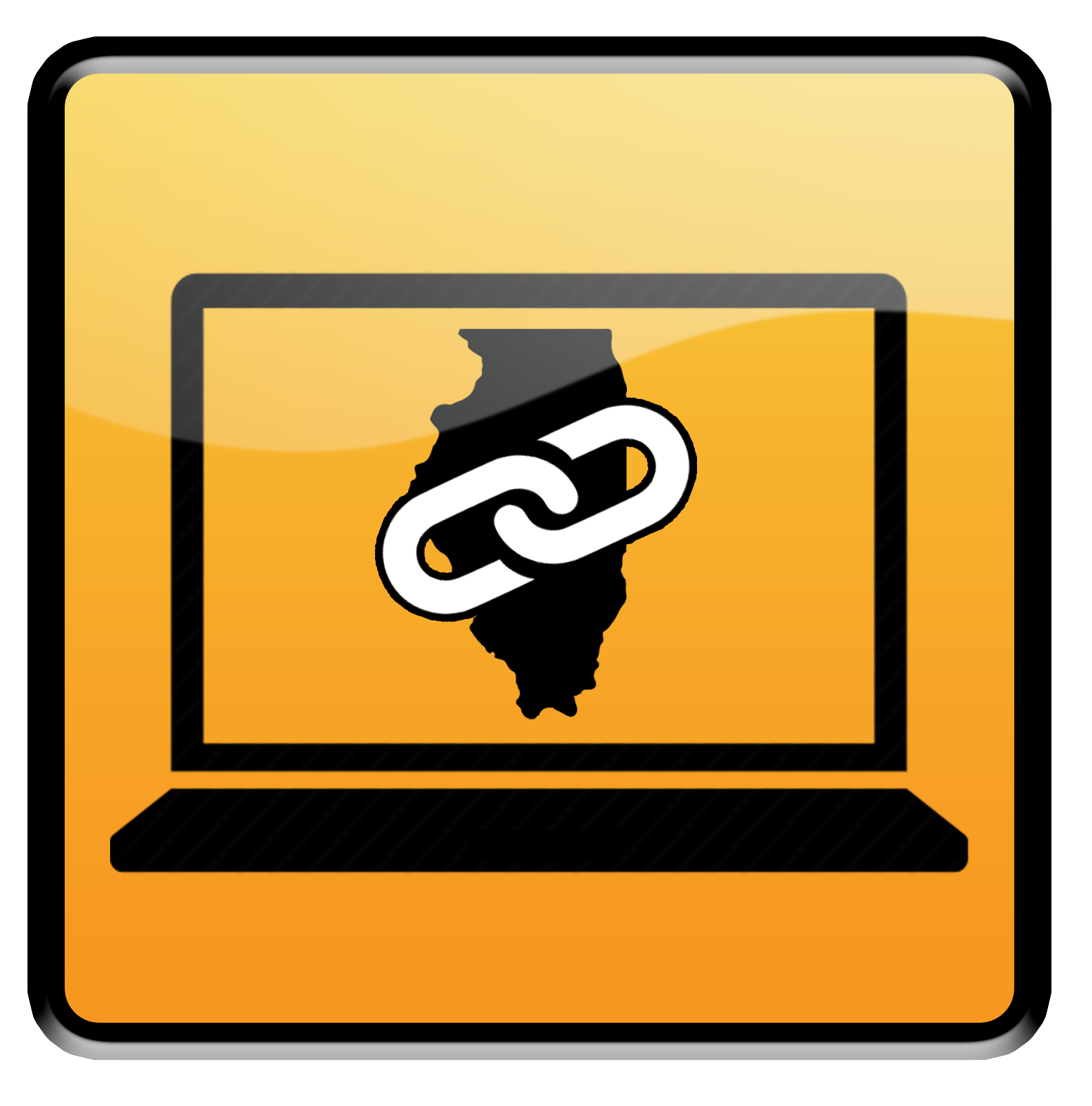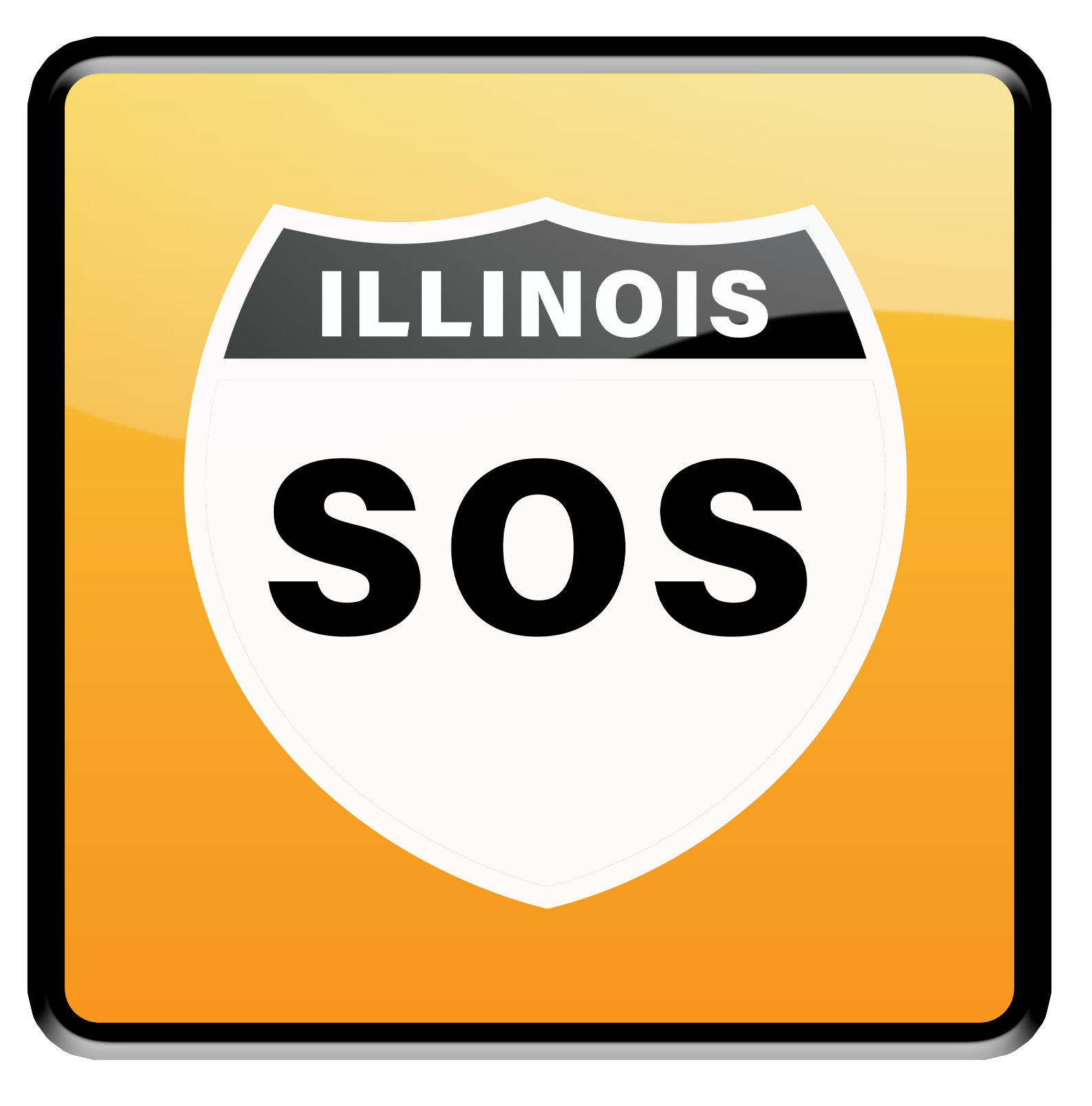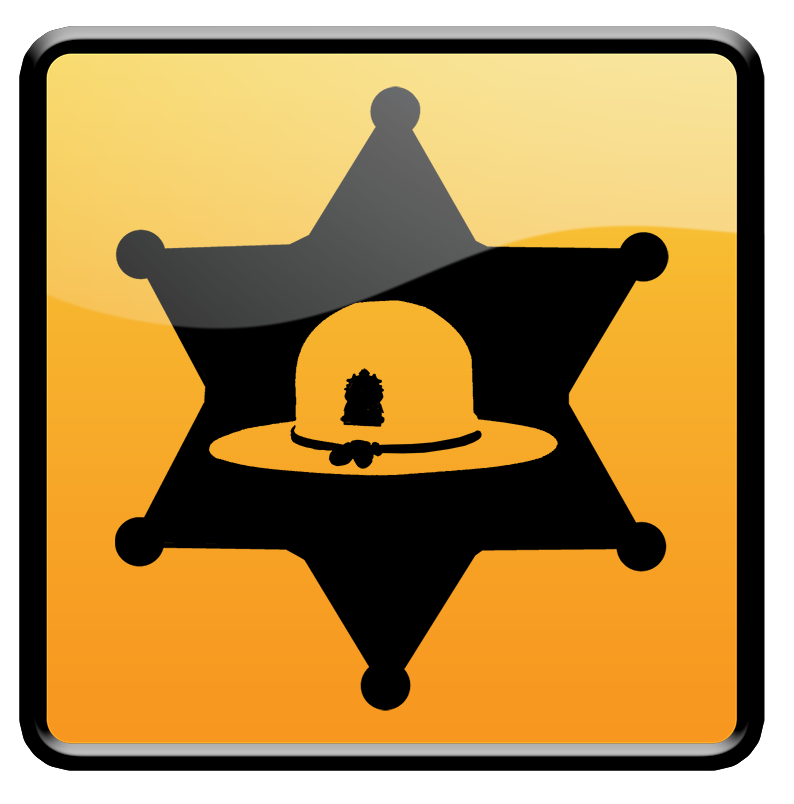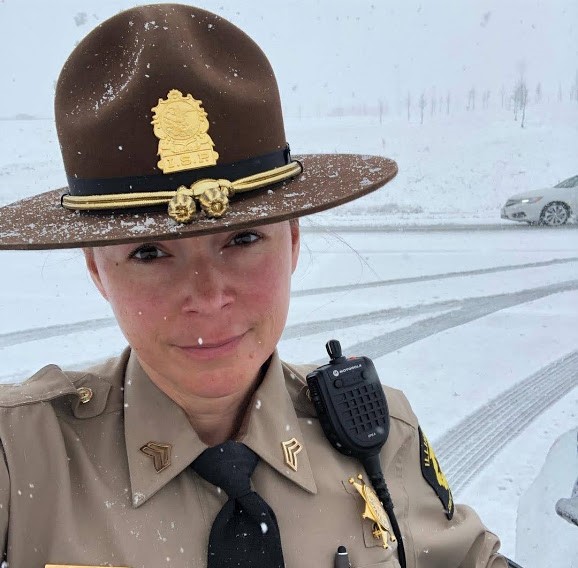
If you must use your car during a storm...
Driving during winter weather conditions is sometimes hazardous at best. The information below and on the other pages of this topic are designed to be useful as you prepare to confront the winter season.
- Plan your travel, selecting both primary and alternate routes.
- Let someone know your travel routes and itinerary so that, if you don't arrive on time, officials will know where to search for you.
- Check latest weather information on your radio.
- Try not to travel alone - two or three people are preferable.
- Travel in convoy (with another vehicle) if possible.
- Drive carefully and defensively. Watch for ice patches on bridges and overpasses.
- If a storm begins to be too much for you to handle, seek refuge immediately.
- If your car should become disabled, stay with the vehicle, running your engine and heater for short intervals. Be sure to "crack" a window in the vehicle to avoid carbon monoxide build-up.
Reliable transportation is especially important in the winter. If you have a car, make sure it is ready for whatever winter may bring. Not only should your car be kept in top operating condition all year round - for safety and fuel economy, it is especially important to get it winterized to avoid any unpleasant or dangerous situation while traveling in frigid weather. The following should be checked:
- ignition system
- fuel system
- brakes
- exhaust system
- wiper blades
- snow tires
- tire tread
- defroster
- proper grade oil
- cooling system
- battery
- lights
- antifreeze
Always fill the gasoline tank before entering open country, even for a short distance, and stop to fill-up long before the tank begins to run low. Keeping your tank as full as possible will minimize condensation, providing the maximum advantage in case of trouble. A Citizens Band (CB) radio and/or cellular phone can be very useful to you or another stranded motorist in case of an emergency.
